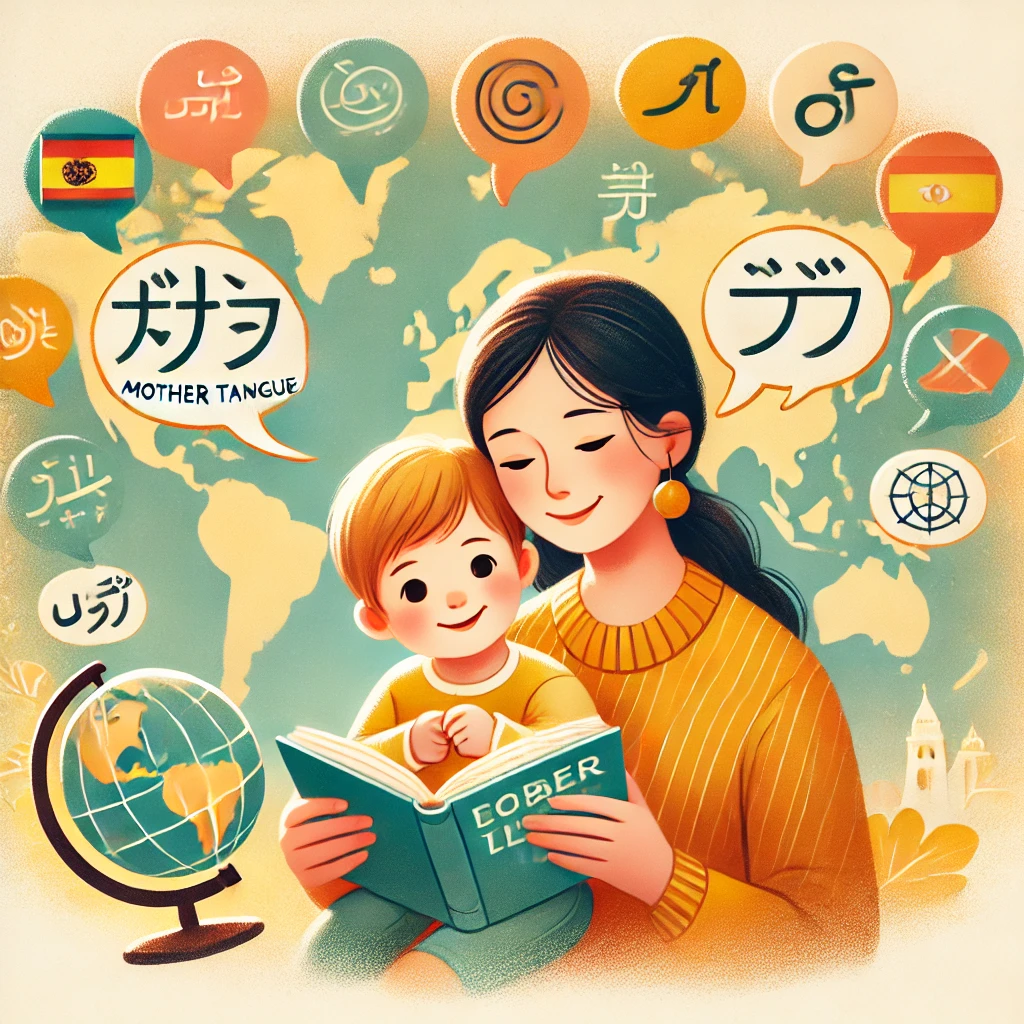Mother tongue education project in the cultural Middle East
The social culture of language roots is an essential element that shapes human identity, community cohesion, and individual expression. Language is not merely a tool for communication but a repository of cultural heritage, carrying the traditions, values, and historical experiences of a community. The way people speak reflects their connection to the world, their past, and their relationships with one another. Language is intertwined with social practices, customs, and shared knowledge, and its significance extends beyond words to encompass worldview, art, and social organization.
One of the most profound aspects of language is its role in the preservation of identity. A person’s mother tongue—often the language first learned in childhood—is not just a means of communication but a fundamental part of who they are. The freedom to learn and use one’s mother tongue is crucial for personal development and self-expression. It allows individuals to connect with their heritage and history, reinforcing a sense of belonging and pride. For many indigenous and minority communities, the right to speak and learn their language is tied to their cultural survival. When individuals are denied access to their mother tongue, they risk losing touch with their roots, leading to alienation, social dislocation, and a sense of disenfranchisement. Furthermore, language shapes cognitive development; it influences how people perceive the world, solve problems, and engage with their surroundings.
In the context of education, multilingualism becomes a powerful tool for intellectual freedom and social inclusion. Multilingual education provides a platform for learners to acquire knowledge in a language they are familiar with, easing the learning process. Research has shown that children who are taught in their mother tongue are more likely to excel academically and retain information more effectively. This approach promotes not only cognitive growth but also emotional and social well-being, as learners feel seen and valued in an educational environment that respects their language and culture.
Furthermore, multilingual education is an educational liberating alternative because it challenges the hegemonic dominance of a single language, typically the language of colonial or global power, and promotes linguistic diversity as a source of empowerment. By recognizing and integrating multiple languages into the curriculum, multilingual education cultivates a sense of equality, fostering a deeper understanding of cultural diversity and respect for different ways of knowing and communicating. It also prepares students for a globalized world, where the ability to navigate different linguistic and cultural contexts is increasingly valuable.
In sum, the social culture of language roots, through its connection to identity, history, and community, plays an indispensable role in shaping individuals and societies. The freedom to learn and use one’s mother tongue is not just a basic human right but a cornerstone for personal and collective liberation. Multilingual education offers a progressive and empowering alternative, one that not only upholds linguistic diversity but also builds bridges of understanding, respect, and shared knowledge across cultures.
